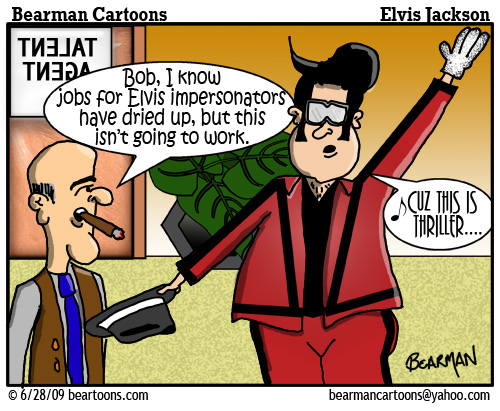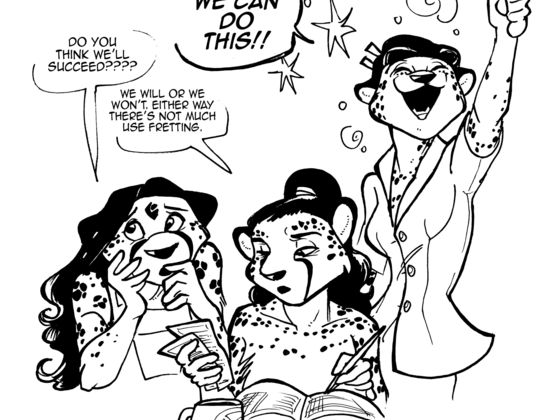Capable, qualified artist management in the realm of creative music has long been in short supply; and by that I mean to suggest that finding truly qualified artist management is a dicey proposition at best. Don’t get me wrong here, there are certainly capable, qualified jazz artist managers; I’m friends with a couple of good sisters who are highly capable and caring managers for their artist clients, and there are certainly others in the field who do exceptional jobs on behalf of their artist clients. However, compared to the number of artists who might benefit from having a qualified personal manager, the number of capable artist managers comprises a small list. There are more than enough leeches out here, traveling and living off of their clients without a commensurate artist benefit, and there are more than enough artists who THINK they need management and enter foolish, or at best unproductive artist/management relationships. Including more than a few artists who are eager to enter into such agreements before they have a real sense of the business they’re in, or an artist manager’s responsibilities.

In my experience as a presenter I’ve run up against more than my share of artist managers of questionable capabilities – not to mention the many ill-advised would-be spousal-manager arrangements that unfortunately hinge on a lot more than a successful business relationship. An ongoing example of the shortage of good, qualified artist managers is the obstructionist or slow on the uptake types. Let’s say we’re presenting a high profile singer at Tri-C JazzFest; we make the booking – with the usual management slow-drag of stringing out our offer (despite the middleman booking agent’s suggestion of some artificial deadline edict) to the nth degree – and once the agreement is secured we suggest a “special guest” soloist or other artist on the bill (we are a festival after all, and festivals need that little bit of extra cherry on top for that true festival lineup). Why does management feel the need to string out presenters before saying a simple Yey or Nay? Then you have the management which after the booking has been secured gets a look at your lineup, their artist placement, or some other perceived issue and determines that there need to be changes made to the agreement. Can’t tell you how many incompetent or simply asleep-at-the-switch managers presenters deal with via the booking agent middleman – and here I’m generally NOT talking about the booking agents, which as I made clear earlier are usually middlemen in this process, and are separate and distinct from the personal managers.
Recently we had the experience of reaching agreement with a booking agent, and had begun to incorporate that booking into early marketing materials planning, only to have the booking agent call – hat in hand – to inform me that management had mistakenly green-lighted the date only to discover an overseas conflict! I ask you, doesn’t overseas suggest some measure of extra advance planning? Not to mention the fact that this particular date in question had already run up against a level of management foot-dragging. Our initial booking for the date had been with an artist whose agent strung us out for weeks, finally accepted our offer, then got back to me to say the date was off because the artist had been working too much and needed a family break! And you didn’t know that already from the artist’s itinerary, which you’re supposedly on top of?

I suppose the larger question from this perspective is exactly when does an artist’s career require management services? I know more than enough business-savvy artists who do a more than competent job of managing their own affairs; but then for some there comes a time when those responsibilities potentially intrude on the creative process, so the need for management becomes all the more acute. As a firm believer in artists developing the business acumen to successfully manage themselves (and to by turns know the difference between competent and incompetent managers), back in my mid-80s Arts Midwest days I actually penned a self-help booklet for artists titled “A Musician’s Guide to Increasing Performance Opportunities.” On the other hand I’ve met and worked with a number of capable, self-starter artists who reach a certain point where their plate becomes overloaded and management becomes a necessity. When that point is reached, where do they turn for capable, qualified management? Part of my ongoing consultation with artists on the question of management has been to urge them that they should know enough about the business and its whys and wherefores that even when they reach the point where they need management to take those next steps, they need to be savvy enough and vigilant enough to know for certain that whomever they engage as a manager is doing the right things by their career; exercising checks & balances in their own career development.
A friend and very capable business person, one who has had a good career in both artist management and booking agentry, once gave me a simple formula by which she judged whether potential clients were management-ready. I won’t quote exact figures here because the rate of inflation has altered her original contention, but her formula suggested that artists were only management-ready when they reached a certain guaranteed annual income level above which they could comfortably and reasonably pay the percentage points required by a personal manager; because always remember, capable managers contractually take a percentage of ALL of your earnings to do their jobs properly. And one of the most salient points for artists to remember is this: your personal manager is NOT your booking agent. If you’re looking for a manager to get you gigs, then you’re barking up the wrong tree and need to secure a good booking agent; the responsibilities of a personal manager and a booking agent are mutually exclusive. Far too many misguided artists enter management agreements fully expecting that their manager’s job is to secure gigs. No, that’s not their responsibility; those relationships generally end badly.
In the spirit of encouraging further dialogue on this critical artist/manager issue, I’ve posted a survey through Survey Monkey – a survey that I assure you is purely anonymous and requires no name or other identifying elements. Please visit (web coordinates here) and take our Artist Management Survey (Click here to take survey). Then look out for the results in further dialogues in The Independent Ear.


2 Responses to The artist management matter